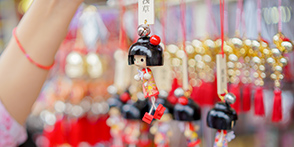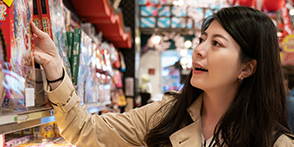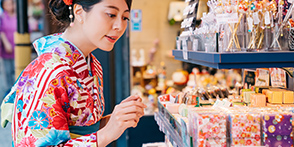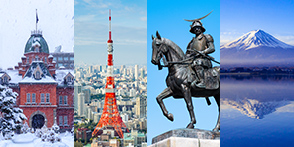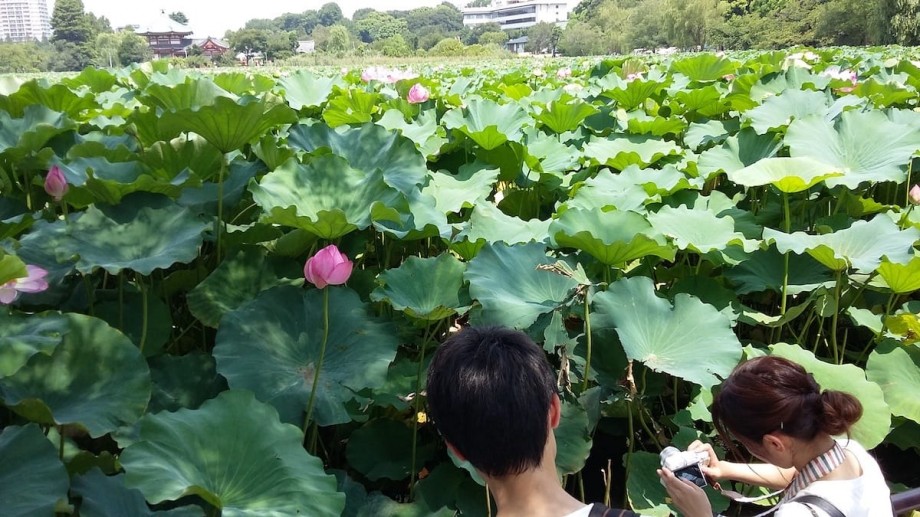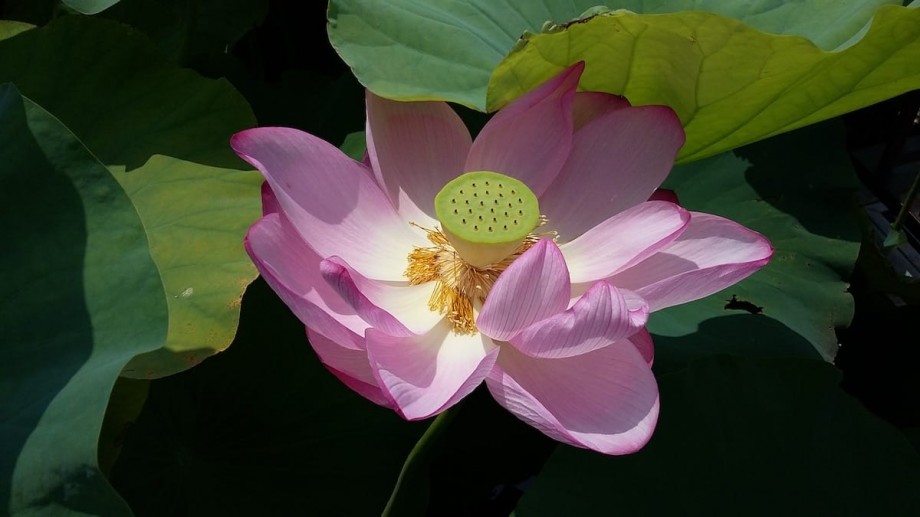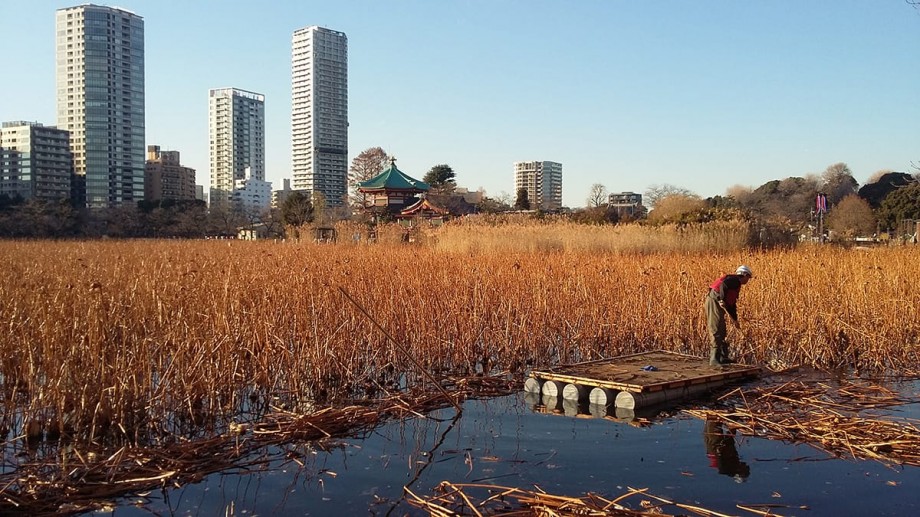- TOP
- Search
- Shopping reports search results
- Shinobazu pond: a nice place for a stroll at any time of year
Shinobazu pond: a nice place for a stroll at any time of year
-
Area
- Kanto
- Tokyo
-
Categories
- Region
- Others
-
Update date
- 2020-03-22
Tokyo is one of the least green big cities in the world. Almost a third of the surface area of London is parks and gardens, but only 3% of Tokyo is covered by greenery. The lack of green space to roam makes Tokyo an especially draining city and makes the big parks of the city centre - Yoyogi, Shinjukugyoen and Ueno – all the more precious when you need to restore your batteries.
My favourite of the big parks is Ueno Park. It was once the grounds of Kaneiji, a huge complex of temples closely associated with the Tokugawa shoguns who ruled Japan between 1603 and 1868. They built the temples to guard Edo castle against the northeast, which was traditionally believed to be a source of misfortune.
On the western edge of Ueno park is Shinobazu pond, which is all that remains of the marshes that covered much of the Low City, or Shitamachi, before the shoguns began their various land reclamation projects. In the summer months, much of the pond is covered with lotus flowers, which hide the water almost completely. But at any time of year, the combination of greenery and water, two of the elements most conducive to getting into a relaxed frame of mind, make Shinobazu a delightful place for a stroll.
Shinobazu pond is divided into three sections: a lotus pond, a boating pond and a duck pond, the last of which lies within the grounds of Ueno Zoo. In the middle of the pond is a little island, on which stands Bentendo (弁天堂), a temple dedicated to the Buddhist goddess Benzaiten. This is a peaceful spot to enjoy a picnic and watch the alligator snapping turtles, a non-native species that have made themselves at home in the pond in recent years.
The goddess Benzaiten (弁財天) is believed to bestow luck with money, but she’s actually the goddess of everything that flows, be it money, water, time, music or words. In fact, the original kanji used in her name (辯才天) refer to her role as the goddess of eloquence. There aren’t many places where you’ll find poets and shopkeepers praying to the same goddess, but this is one of them.
...... read the rest of the article on the grape JAPAN website;
